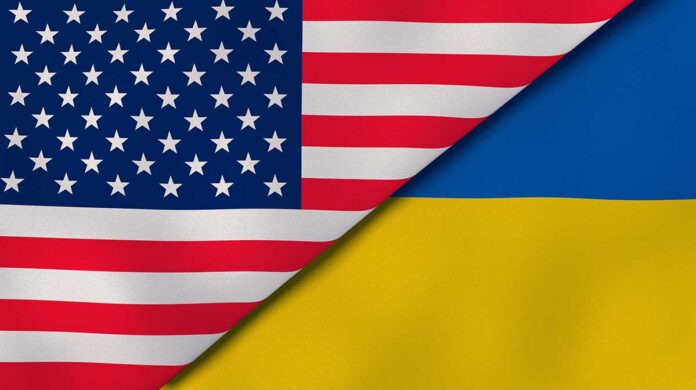“At Babi Yar there are no monuments,” wrote poet Yevgeny Yevtushenko in 1961, “only the wall of the ravine rising like a tombstone.” If you were here I would sing that for you in Russian; I remember it from a National Symphony Orchestra performance of Dmitri Shostakovich’s setting in his 13th Symphony, conducted by Mstislav Rostropovich in 1988. I was in the chorus.
The plaintive melody has stayed with me, along with the elocution lessons we were given by Ukrainian mezzo-soprano Renata Babak, who had defected from the Bolshoi Opera. “Not ‘lavak’ but ‘lavak,’” she said to us, trying to get us to articulate the “L” properly. But I could not hear the difference.
A number of memorials were built after 1961 at the Babi Yar site outside Kyiv, where 100,000 Jews were shot by Nazi SS squads between 1941 and 1943 during the Holocaust. The site, which includes a cemetery, was struck by a Russian missile on March 1.
Humans have such a penchant for slaughter, it is a wonder that we find time to build memorials. More will be needed after Vladimir Putin finishes reducing Ukrainian homes, gardens, businesses, and cultural treasures to rubble in his megalomania. If he is ultimately brought down for his crimes in raining death and terror upon a sovereign country that poses only an imaginary threat, it will be cold comfort. The survivors will rebuild and replant, but with communities decimated by indiscriminate shelling, the restoration ceremonies will be thronged by too many ghosts.
The United Nations was established to prevent war. Many bloody conflicts nonetheless followed in Korea, Vietnam, the Mideast, Afghanistan, the horn of Africa, and elsewhere.
“Never forget and never again” is a phrase associated with Yom HaShoah, Holocaust Remembrance Day. Yet since the death of Hitler, genocides have occurred in Tibet, in the killing fields of Cambodia, and in Rwanda.
Out of clarity and respect, it is important to note that not all war crimes are genocide. It is nonetheless a galling irony that Putin’s cynical justifications for war include the false claim that Ukraine needs to be denazified, when in fact President Volodymyr Zelensky is Jewish.
War can bring out the best in people, as with LGBTQ Ukrainians volunteering for combat (in one case taking Russian soldiers prisoner) to defend their country despite facing discrimination. It can also bring out the worst, as with refugees of color being forced off trains and buses.
At this writing, President Zelensky is risking his life alongside his fellow Ukrainians. Whatever happens, his courage and strength in rallying his people and the world will long be remembered. His example shows that leadership can still make a difference.
That lesson desperately needs to be learned by Republicans in the United States, many of whom privately deplore Donald Trump but lack the courage to stand up to his fanatical base.
Another lesson many impassioned but confused people evidently need is that poutine, a popular Quebec dish featuring French fries, cheese curds, and gravy, has nothing to do with the current Russian dictator. Please don’t threaten that restaurant.
President Biden, in addition to his ringing words about resisting and punishing Russian aggression in his State of the Union address, pushed a long list of policy proposals. Among them he urged Congress to pass the bipartisan Equality Act, then added, “The onslaught of state laws targeting transgender Americans and their families — it’s simply wrong.”
The morning after the March 1 Texas primary, the Victory Fund reported that two dozen LGBTQ candidates had won their primaries there, ten of whom are running for the state legislature. Considering that a judge recently found it necessary to order Texas to stop a child abuse investigation of parents for giving their trans child gender-affirming care, it was essential that these candidates entered the fray.
Many thoughts run through our heads at times like this. After drafting this piece, I decided to draw a hot bath, and felt a pang of guilt for relaxing while our brothers and sisters were facing such danger in eastern Europe.
The point of solidarity, however, is not to deny ourselves simple joys and comforts (though I write this at the start of Lent), but to commit to being agents of our own advancement, here and abroad, and to cooperate in that effort.
The most important memorial to those who have gone is in our minds and hearts. If their cause and example live there, then the great silencer of death has failed.
Richard J. Rosendall is a writer and activist at [email protected].
